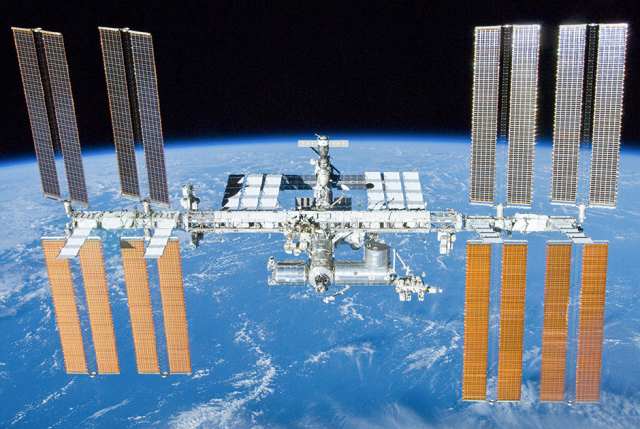Moscow. December 15th. INTERFAX - With proper technical support, the ISS is able to work until 2030, the head of Roscosmos Dmitry Rogozin told Interfax.
"At a meeting of the Multilateral Coordination Council of the ISS Program held in July this year, representatives of all national space agencies of partner countries, including the state corporation Roscosmos, confirmed that with proper technical support, the station is capable of operating in low Earth orbit until 2030," Rogozin said in an interview with Interfax.
"The partners have almost completed the work on assessing the technical feasibility of extending the life of the plant elements to this period," he added.
On September 14, the head of NASA's manned program, Kathy Leaders, announced that the United States plans to use the ISS until 2030.
On June 5, 2021, Rogozin and the new head of NASA, Bill Nelson, held telephone talks. According to Roscosmos, Nelson accepted the invitation of the head of the Russian state corporation to visit Russia and offered to extend the work of the ISS until 2030. Rogozin then noted that discussion of the future fate of the ISS is possible only after the lifting of US sanctions against Roscosmos enterprises.
In September, Russian President Vladimir Putin announced a possible extension of the ISS operation. He also noted the need to "look beyond the horizon of the current decade, take into account new challenges in deep space exploration, as well as national plans for infrastructure development and development of our vast territories, including the Arctic zone."
It was reported that Russia may withdraw from the ISS project from 2025, transferring responsibility for its segment to station partners. At the same time, it was noted that Russia can continue to support its segment with the financial participation of the United States.
An alternative would be the creation of a national orbital station, the first module of which is planned to be launched in 2025, and the deployment will be completed in 2035.
On September 4, Rogozin noted that Russia needs to create its own station, since the ISS resource is limited. At the same time, the head of Roscosmos noted that the operation of the ISS will not create "big problems", but due to the depletion of the resource, "cosmonauts and astronauts will spend more and more time maintaining the viability of this station."
On August 23, the head of Roscosmos announced that he had sent a report on the creation of a new Russian orbital station to the government.
In October 2020, the flight director of the Russian segment of the ISS, Vladimir Solovyov, said that the corporation's specialists predict "an avalanche-like failure of numerous elements on board the ISS" after 2025.
In April, an informed source told Interfax that Russia has plans to actively finance the project of creating an independent orbital station by 2030, it could cost up to $6 billion.

